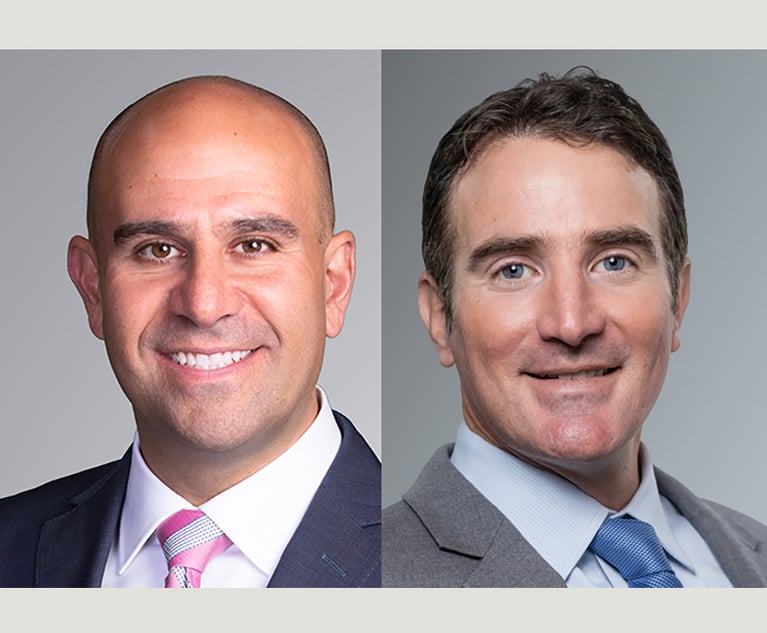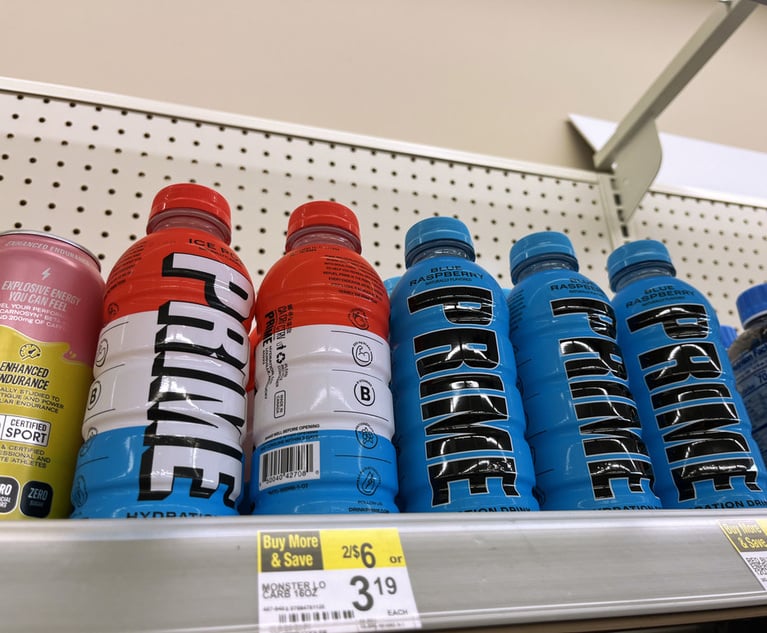With the complexities and lockdowns of the COVID-19 pandemic, telehealth became essential in providing health care to millions of Americans. What was once a tool to connect rural patients to urban doctors, telehealth became a staple to help provide care for all patients. During COVID, to facilitate telehealth for more patients, federal and state regulators relaxed laws to allow more people easier access to this technology. For instance, Congress enacted telehealth waiver rules, which loosened Medicare coverage requirements by increasing the population eligible to receive telehealth treatments. The U.S. Centers for Medicare & Medicaid Services and many states also relaxed licensure requirements to allow doctors to provide telehealth services across state lines more easily.
Unfortunately, along with these more permissive regulations came the misuse of telehealth to facilitate fraud by certain bad actors. In July 2022, the Department of Health and Human Services (HHS) Office of the Inspector General issued a special fraud alert warning practitioners about fraud schemes relating to telehealth and the potential for these schemes to implicate the Federal Anti-Kickback Statute, False Claims Act and other federal laws. The alert highlighted a list of suspect characteristics to look out for when working with telehealth companies, including recruiting patients for free or low-cost items or services, compensating practitioners based on the number of prescriptions written, and offering only one type of product, among others.


 Randy Luskey, left, and Marc Price Wolf, right, of Paul, Weiss, Rifkind, Wharton & Garrison. Courtesy photos
Randy Luskey, left, and Marc Price Wolf, right, of Paul, Weiss, Rifkind, Wharton & Garrison. Courtesy photos




